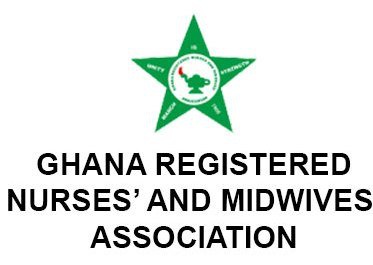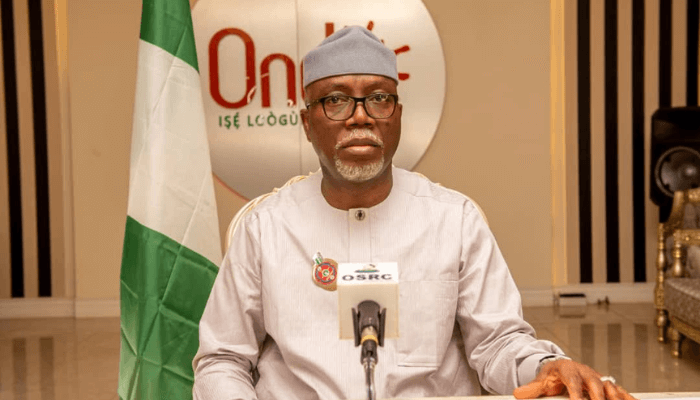A media researcher at Adekunle Ajasin University, Akungba Akoko, Ondo State, Oluwaseyi Oluwalade, has called for a comprehensive review of journalism and mass communication curricula to include English phonetics as a core subject for students in the broadcast sequence. He also urged broadcast media managers to prioritise advanced training programmes for their personnel to improve pronunciation skills and reduce information distortion.
Oluwalade made these recommendation in a new research titled: “An Evaluation of Phonetic Competence in English among Broadcast Journalists in Selected Media Stations in Ondo State,” conducted under the supervision of Prof Olushola Are of the Department of English Studies at Adekunle Ajasin University.
He emphasised the critical role of journalism in disseminating information and the importance of broadcast journalists as communicators. He noted that accurate pronunciation of English words is fundamental to effective delivery, ensuring clarity and avoiding distortion of information.
“The study assessed the phonetic competence of selected broadcasters to determine their adherence to standards, particularly Received Pronunciation (RP),” Oluwalade explained.
Using a mixed-method approach, he analysed recorded broadcast segments and conducted qualitative interviews. Data collected included 600 words from recent news bulletins by six newscasters across three radio stations: Crest 106.1 FM, Orange 94.5 FM, and Positive 102.5 FM, all based in Akure, Ondo State.
According to him, the study revealed significant deficiencies in phonetic competence among the six broadcasters, with performance scores ranging from 32% to 49%, attributing the shortcomings to several factors, including inadequate education, limited exposure to proficient English language models, and interference from their native language, Yoruba.
He noted: “Pronunciation patterns deviated significantly from RP standards, with common consonantal and vowel substitutions. For instance, sounds like /θ/ and /ð/ were replaced with /d/, /v/ with /f/, and /ʌ/ with /ɒ/. These substitutions often stemmed from the phonetic differences between English and Yoruba, leading broadcasters to rely on the closest phonetic equivalents.”
The researcher also identified a lack of foundational knowledge in English phonetics among mass communication students at Adekunle Ajasin University and Rufus Giwa Polytechnic and described the gap as a major obstacle to achieving phonetic competence.
Oluwalade proposed several measures to enhance the phonetic competence of broadcasters and prepare future professionals, adding that this should include higher institutions offering journalism and mass communication programmes, particularly in Ondo State, should integrate dedicated phonetics courses into their curricula. This, he said, would provide students with a strong foundation in pronunciation and phonology.
“Media organisations, including the Federal Radio Corporation of Nigeria (FRCN), should collaborate with state branches to organize regular workshops and seminars focused on phonetics. Broadcasters should participate in recurrent training sessions led by phonetics experts and seasoned broadcasters. Media managers should reintroduce mentorship programmes, where experienced broadcasters guide newcomers in mastering pronunciation and presentation skills, while new recruits should undergo extended shadowing periods before taking on live broadcasting duties.
“Media owners should allocate funds for continuous professional development, including overseas training programmes for new broadcasters to enhance their performance. Forums for radio station general managers should be established to share best practices and organize joint training initiatives. Radio station managers must prioritise broadcasting standards over financial gain, ensuring that staff pronunciation competence remains a key focus,” he said.
Oluwalade further revealed that bridging the phonetic competence gap is essential for improving the quality of broadcast journalism in Nigeria.
“Broadcasters must be exposed to proficient English language models and provided with continuous training in RP standards. By addressing foundational challenges and fostering a culture of mentorship and learning, media organisations can ensure clearer, more accurate information dissemination,” he stated.








